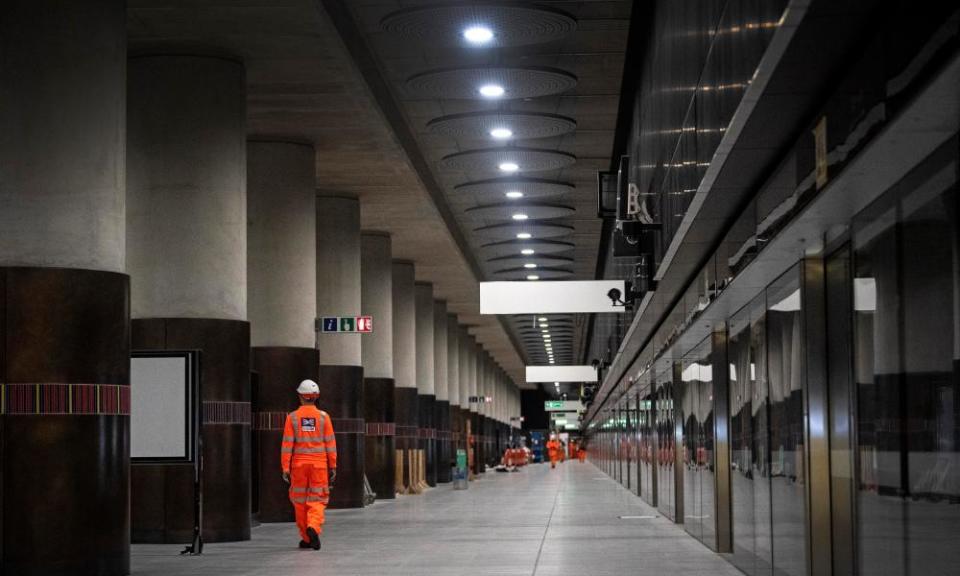Press here for mutant unwoke algorithms

Algorithms are meant to be smart. They’re meant to be the future, the means by which artificial intelligence will rule us all. But it seems that they are not yet smart enough. With hindsight, it may have been a mistake to ask them to decide the future of a generation of schoolchildren. Or, as the government has also asked them to do, to determine the distribution of new housing across the country. Perhaps for now algorithms should stick to their core skills of flooding my browser with ads for earwax treatments or the news that People in Tower Hamlets Can’t Believe this New Funeral Plan, or that People born 1951–79 With No Life Insurance are in for a Surprise – and yours with whatever is appropriate to your age, gender, location and search history.
For now, though, they have a new role, which is to take the blame when the government has run out of civil servants to fire, as Boris Johnson did when ascribing the exams fiasco to a “mutant algorithm”. This doesn’t seem very far-sighted, as it undermines the aura of unarguable and inevitable authority that is part of the usefulness of algorithms to corporations and governments. Still, maybe one day they’ll be clever enough to take a lingering and painful revenge on politicians who pass the buck to them, which will be a bright spot in our future existence as serfs of our digital overlords.
One thing that algorithms could do already is to edit conservative newspapers. The programming is simple: choose a much-loved national treasure (the Proms, the National Trust, the British Library), then discover a “woke” idea to change it (it doesn’t have to be an actual decision, just a paragraph in a discussion document or an email from one employee to another), then manufacture outrage. Get your commentators to froth and churn until a blameless individual, a Finnish conductor, for example, receives online threats to the lives of her family. As a bonus, if the blameless individual is sufficiently good looking, you can put a big picture of her on your front page and express sympathy for her plight. Coming soon: Guardsmen to Take the Knee Outside Buckingham Palace; England and Wales Cricket Board to Review the Wearing of “Whites” in First-Class Games; Marmite to Apologise for Cultural Appropriation in Selling Dark-Coloured Food Product.
Mind the gap

Several big businesses – Linklaters, JPMorgan, Fujitsu – have announced that they will permanently increase the time their staff can spend working from home. Meanwhile, the Elizabeth line, formerly known as Crossrail, has announced another year’s delay to its opening, at the cost of another billion or so, which surely means that the next vast infrastructure project, HS2, will cost even more and take even longer than currently planned. Since these projects are predicated on ever-increasing travel to city centres, which may not now happen, it is not too late to divert the cost of HS2 to something more useful, such as affordable housing.
Planning protest with teeth
The London borough of Hackney has ordered the architect Jaimie Shorten to stop installing fibreglass sharks in London’s Regent’s Canal. This is funny, as his installation is backed by the property developer Russell Gray as a protest against the pettiness of local authority planners. It refers to a celebrated case in the 1980s, when Oxford city council tried unsuccessfully to remove a shark sculpture fixed to the roof of a suburban house. Gray and Shorten’s point is that the same councils that wave through large and lumpen apartment blocks trample on small-scale bits of fun and invention. Which point has now been proved.
• Rowan Moore is the Observer’s architecture critic

 Yahoo Finance
Yahoo Finance 